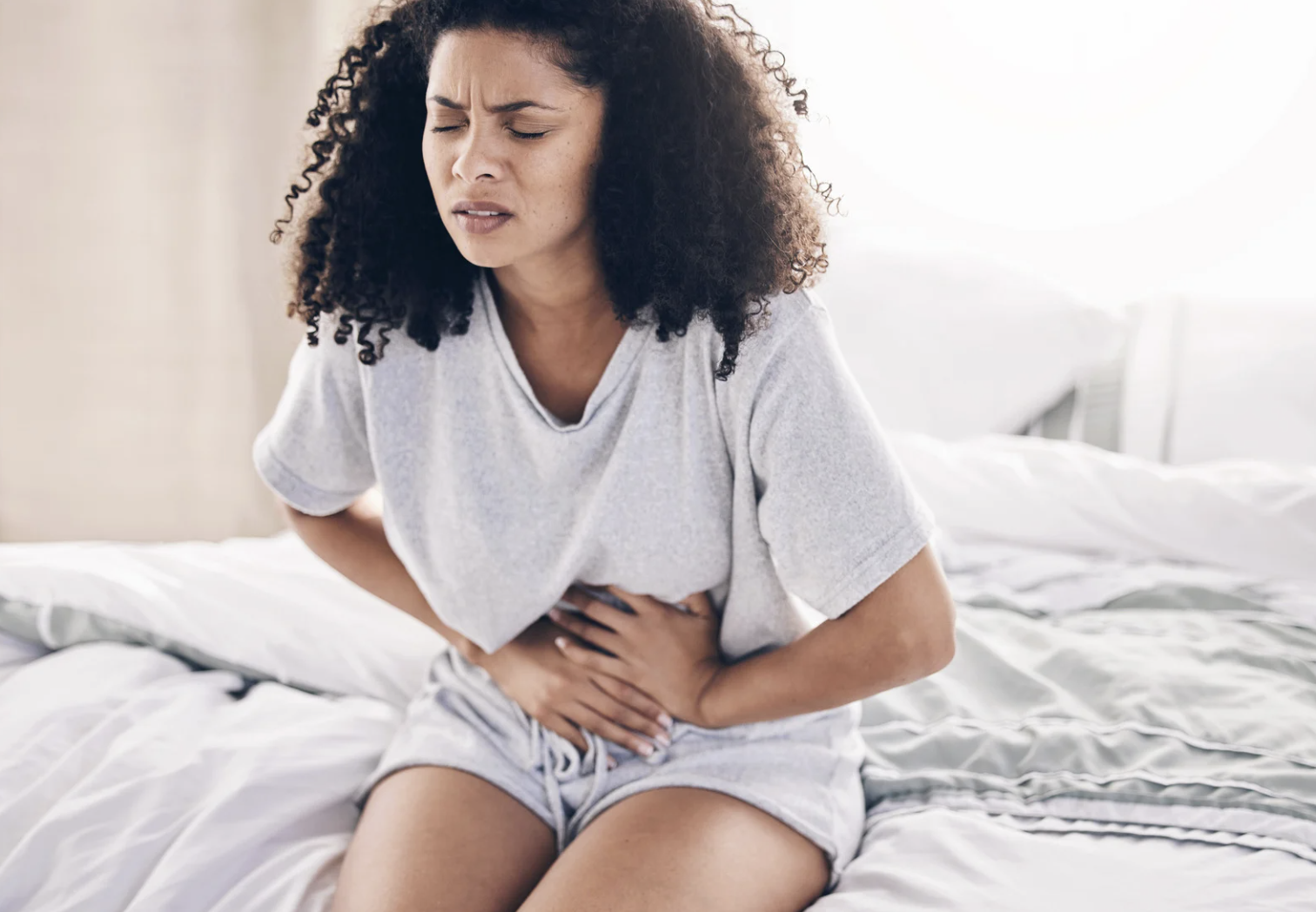Kirsten Fisch, MSN, RNC-MNN, IBCLC, LCCE Kirsten is a women's health nurse who specializes in high-risk pregnancy and postpartum care. She is certified in Maternal Newborn Nursing, a board-certified lactation consultant (IBCLC), and a Lamaze-certified childbirth Educator. She works with women from conception through postpartum. Passionate about empowering women during their reproductive journeys, Kirsten combines evidence-based care with compassionate support to promote health and well-being for mothers and babies.
Endometriosis is a chronic condition that affects approximately 1 in 10 women of reproductive age. It occurs when tissue similar to the lining of the uterus (endometrium) grows outside the uterus, causing pain, inflammation, and sometimes infertility. But what about childbirth—can it cause endometriosis?
Let’s talk about the facts and misconceptions.
Childbirth Doesn’t Cause Endometriosis—But There’s More to the Story
In short: no, childbirth itself does not cause endometriosis. Endometriosis is a complex, multifactorial condition that is often present long before pregnancy or delivery. The exact cause remains unclear, but researchers believe it may involve:
- Retrograde menstruation (when menstrual blood flows backward into the pelvic cavity)
- Genetic predisposition
- Immune system dysfunction
- Environmental factors
However, while childbirth doesn’t cause endometriosis, certain aspects of the postpartum period can uncover or complicate the condition.
How Childbirth and Postpartum Might Impact Endometriosis
- Hormonal Shifts Can Influence Symptoms
During pregnancy, high levels of progesterone typically suppress endometriosis symptoms. Some women experience a temporary relief from pain during pregnancy. But after childbirth, as hormones normalize, symptoms may return—or worsen. - Surgical Births and Scar Tissue
Women who deliver via C-section may develop a rare form of endometriosis known as scar endometriosis. This happens when endometrial cells accidentally implant into the surgical incision during the procedure, later forming painful nodules near the scar site. - New Awareness of Symptoms
The postpartum period can be a physically intense time. As the body heals and menstruation returns, lingering pelvic pain, heavy bleeding, or painful intercourse may prompt someone to seek medical evaluation, leading to a diagnosis of endometriosis that may have gone unrecognized for years.
What About Endometriosis Symptoms After Childbirth?
Some women report that their endometriosis symptoms worsen after giving birth, while others experience improvement. The experience is highly individual and may depend on factors like:
- The severity and location of endometriosis
- Hormonal changes postpartum
- Breastfeeding (which may delay the return of periods and suppress estrogen)
- Type of delivery (vaginal vs. C-section)
When to Seek Help
If you’ve recently given birth and are experiencing:
- Chronic pelvic pain
- Painful periods returning after childbirth
- Pain during intercourse
- Unexplained fatigue
- Pain around your C-section scar
…It’s worth speaking with your healthcare provider. These symptoms could indicate endometriosis or another postpartum complication that deserves attention.
Childbirth doesn’t cause endometriosis, but it can change how the condition manifests in the body. Whether it brings relief or unveils new symptoms, listening to your body and advocating for your health are essential steps. Early diagnosis and treatment can help manage symptoms and improve quality of life, especially for those juggling the demands of new motherhood.
If you’re navigating pelvic pain postpartum or wondering whether endometriosis could be part of your story, you’re not alone—and support is available.

Kirsten Fisch, MSN, RNC-MNN, IBCLC, LCCE Kirsten is a women's health nurse who specializes in high-risk pregnancy and postpartum care. She is certified in Maternal Newborn Nursing, a board-certified lactation consultant (IBCLC), and a Lamaze-certified childbirth Educator. She works with women from conception through postpartum. Passionate about empowering women during their reproductive journeys, Kirsten combines evidence-based care with compassionate support to promote health and well-being for mothers and babies.



